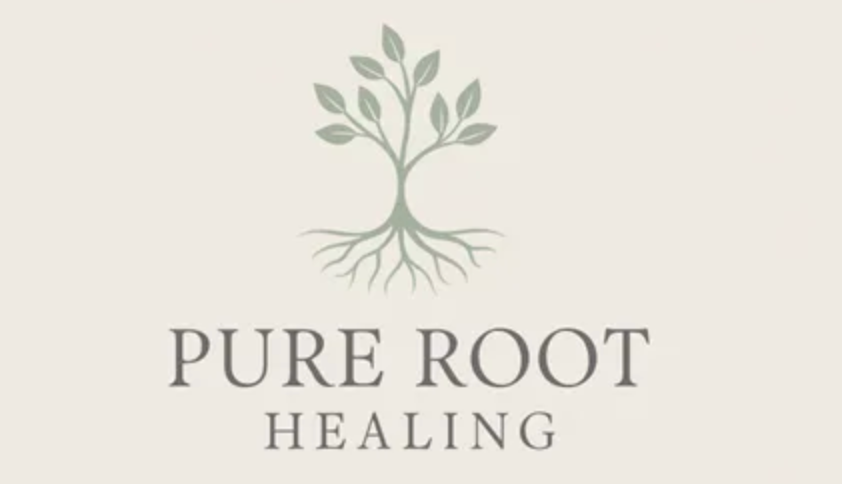When tragedy hits someone in the public eye, it often sparks strange and heated reactions. After Charlie Kirk’s death, Englewood Health, a New Jersey hospital found itself in the middle of a dispute. A surgeon, Dr. Matthew Jung, cheered the murder online, which shocked many people who expected doctors to show care for life.
Lexi Kuenzle, a nurse who refused to stay quiet, called him out and was suspended for it. It quickly turned into a national story. In the end, Dr. Jung walked away from his job, Kuenzle was reinstated, and the rest of us are left wondering what free speech really means at work.
A Surgeon’s Outburst and a Nurse’s Stand
The drama started when Dr. Jung reacted to Charlie Kirk’s death in a way that most saw as cruel. He posted online about it, praising the act instead of showing compassion. It didn’t take long before people, both inside and outside the hospital, called for him to be held responsible. For a man trained to heal, celebrating death looked like a betrayal of everything medicine stands for.
But the twist came when Kuenzle spoke out. She said the surgeon’s behavior was disgraceful and harmful. Rather than applauding her for defending medical ethics, the hospital suspended her. She then became a symbol of unfair treatment in workplaces where speaking up is supposed to be valued.
When the story broke, reporters jumped on it, social media blew up, and headlines framed the suspension as unjust. Many ordinary people, along with unions and legal voices, began to ask why the nurse was punished while the surgeon faced no real action. The hospital, already under the microscope, soon realized it couldn’t hold its stance.
Eventually, Dr. Jung resigned, and Kuenzle got her job back. It might look like a tidy ending, but the whole mess opened bigger debates. Should workers risk their careers for calling out misconduct? And does free speech really cover everything, especially in sensitive professions like healthcare?
Free Speech, But Not Everywhere
People often believe free speech protects anything they say. In reality, the First Amendment stops the government from punishing you, not your boss. Private employers are free to discipline staff if their words damage reputation or disrupt the workplace. That’s the law, even if it feels unfair sometimes.
So while Dr. Jung technically had the right to voice his feelings about Charlie Kirk’s death, his hospital had its own duty to patients and the public. A doctor who celebrates murder risks more than bad press, he risks destroying trust in the entire institution. At the same time, suspending the nurse who challenged him looked like punishing someone for defending values patients want in a caregiver.
Modern workplaces now juggle employee rights and reputation management. A comment once made in the breakroom now lives forever on social media. For hospitals, schools, or companies tied to public trust, one careless post can cause disaster.

Medical professionals, especially, are expected to show neutrality and compassion. A surgeon who does the opposite threatens the credibility of the entire field. His resignation may not have been legally required, but it was probably the only way forward. On the other side, reinstating the nurse who was suspended for reporting the doctor was seen as correcting an overreaction. Her stand for ethics carried more weight than technical rules about workplace conduct.
Politics and Public Figures
The reason this hit so hard is not just about jobs, it’s also about politics. Charlie Kirk’s death divided people before this hospital drama even began. Some mourned deeply, others debated his influence, and the surgeon’s comments tapped into that division. Suddenly, what might have been an internal workplace fight became part of a wider cultural war.
Public figures often stir strong emotions. When those emotions spill into professional spaces, employers are forced to act. The hospital could not ignore the controversy. Its credibility depended on addressing both the surgeon’s cruelty and the nurse’s punishment.
Lessons in Expression and Accountability
The case leaves behind more questions than answers. Workers are reminded that their speech, online or off, can bring serious consequences. Employers are reminded that uneven discipline creates bigger problems than it solves. And society is once again debating whether free speech and workplace rules can coexist.
The suspended nurse became proof that speaking up can be risky but also meaningful. Her reinstatement showed that fairness can prevail if enough people demand it. At the same time, the surgeon’s resignation revealed the limits of expression in professions built on trust.
Closing Thoughts
The story of a surgeon celebrating Charlie Kirk’s death and a nurse punished for exposing him captures the fragile balance between rights and responsibility. Free expression remains central to American identity, but in private workplaces, it is always tied to rules and the values of the job.
This case is a reminder that while words are free, they are not without cost. And sometimes, it takes courage to speak up, even when it means risking everything.
Trending Products

Red Light Therapy for Body, 660nm 8...

M PAIN MANAGEMENT TECHNOLOGIES Red ...

Red Light Therapy for Body, Infrare...

Red Light Therapy Infrared Light Th...

Handheld Red Light Therapy with Sta...

Red Light Therapy for Face and Body...

Red Light Therapy for Face and Body...

Red Light Therapy Belt for Body, In...

Red Light Therapy for Shoulder Pain...

